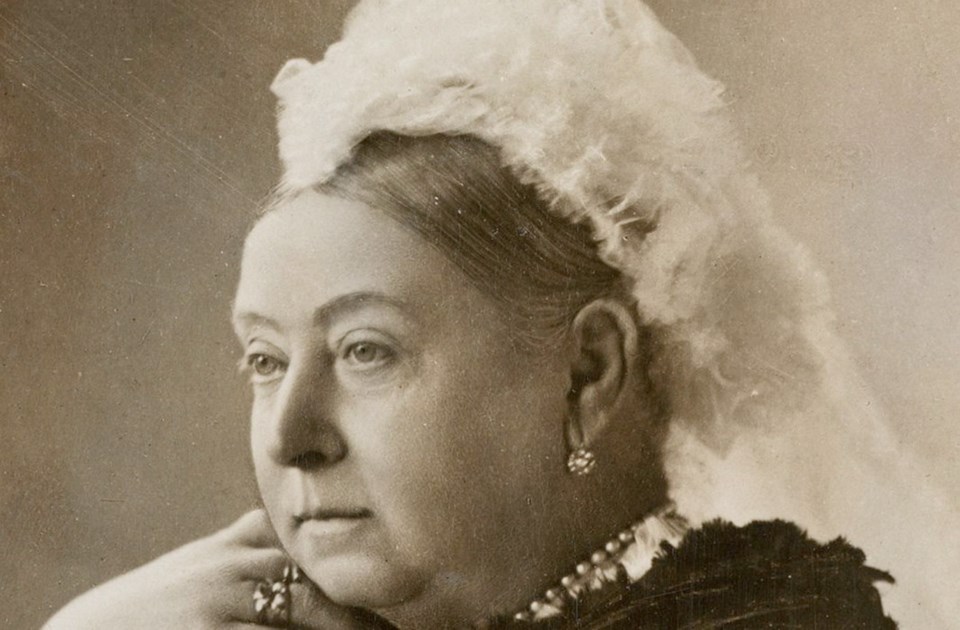 Ten years on, Ben Pires is even more convinced: B.C. needs a new name.
Ten years on, Ben Pires is even more convinced: B.C. needs a new name.
The demographics have shifted further, he says, with people drawn here from around the world. The province is no longer very British, if it ever was.
So why, Pires asks again, is it still called British Columbia?
To which, again, I reply: Because Saskatchewan had first choice?
No, Victoria’s Pires is serious about this, just as he was a decade ago when he pitched the idea to then-premier Gordon Campbell and B.C.’s MLAs.
Or, at least, the former president of Victoria’s Inter-Cultural Association is serious about getting people to think of what it takes to be an inclusive society. And no, he says, it doesn’t help when the name of place can be read as a declaration of who really belongs.
B.C. wouldn’t be the first place to change its name. Whole countries do it. British Honduras is now Belize and the Dutch East Indies go by Indonesia. Persia became Iran, Ceylon turned into Sri Lanka and Upper Volta was reborn as Burkina Faso. (No idea what happened to Lower Volta. Maybe it’s one of the Saaniches.)
Within Canada, about 5,000 geographical designations change every year, either because a place name has fallen in or out of common use, or because sensibilities have changed.
In B.C., several Squaw creeks, lakes, mountains and islands were retitled. The twin peaks of Sheba’s Breasts became Sheba Mountain. Chinaman Lake disappeared from the map in 1996.
Up-Island, Jap Mountain became Nikkei Mountain in 2002. A couple of other deletions are too vulgar to repeat.
Some ancient places were rechristened simply because of the way they sounded: Vancouver Island lost both Kokshittle Arm and Kowshet Cove in the 1930s.
There has been a bit of a shift to Indigenous names — Haida Gwaii instead of the Queen Charlotte Islands, for example — though that can be a challenge to some. At the Times Colonist, our stumbling application of apostrophes (Scia’new? Sci’anew?) sometimes resembles a game of Pin the Tail on the Donkey. (In our defence, it’s not just us: Several years ago, when a TC reporter asked a Vancouver Island elder to spell the name of his band, the elder replied “Oh, God, I don’t know anymore.” He belonged to the Ka:’yu:’k’t’h’/Che:k:tles7et’h’ First Nations.)
Some designations were dubious from the get-go: According to The Encyclopedia of Raincoast Place Names, in 1944, Ottawa balked after learning hydrographers had named several B.C. coastal features after young women in their Victoria office.
As for B.C., it’s not as though we even got to pick our province’s name in the first place. That choice was made in 1858 by Queen Victoria, who did so without consulting the people who lived here.
According to Captain John T. Walbran’s book British Columbia Coast Names, the queen’s decision came after France objected to the name New Caledonia being used. In a July 24, 1858, letter to Sir E. Bulwer Lytton, she wrote: “If the name of New Caledonia is objected to as being already borne by another colony or island claimed by the French, it may be better to give the new colony west of the Rocky mountains another name. New Hanover, New Cornwall and New Georgia appear from the maps to be names of subdivisions of that country, but do not appear on all maps. The only name which is given to the whole territory in every map the Queen has consulted is ‘Columbia,’ but as there exists also a Columbia [sic] in South America, and the citizens of the United States call their country also Columbia, at least in poetry, ‘British Columbia’ might be, in the Queen’s opinion, the best name.”
In other words, all the cool names were taken.
Nonetheless, it’s unlikely the name will change.
It’s still worth thinking of Pires’ underlying message of inclusion, though.
That’s not how it has always been. Pires, of Indian descent, was born in what was then the Portuguese colony of Goa (he had a Portuguese-speaking grandmother), where he was educated by Irish Christian Brothers before moving at age 18 to the Philippines, where he married a Filipina.
He hoped to continue his television journalism career in Canada when they moved here in 1969, but ran into a roadblock when he applied to Global’s forerunner, BCTV. “I’m sorry,” he was told, “the people in B.C. are not ready for a coloured face on TV.”
Today Pires’ son, Jason, is co-anchor of CTV Morning Live in Vancouver. Things change.
Pires Sr., a retired government communications staffer, is not a big fan of hyphens, of being labelled an Asian- or an Indo-Canadian, of having his citizenship come with an asterisk. “I would like to be considered 100 per cent Canadian,” he says.
What do you want B.C. to be called?
• If you were to give British Columbia a new name, what would it be? Send your ideas to [email protected] by this Wednesday, Jan. 24, and I’ll print a selection of them next Sunday. No Provvy McProvinceface, please.



